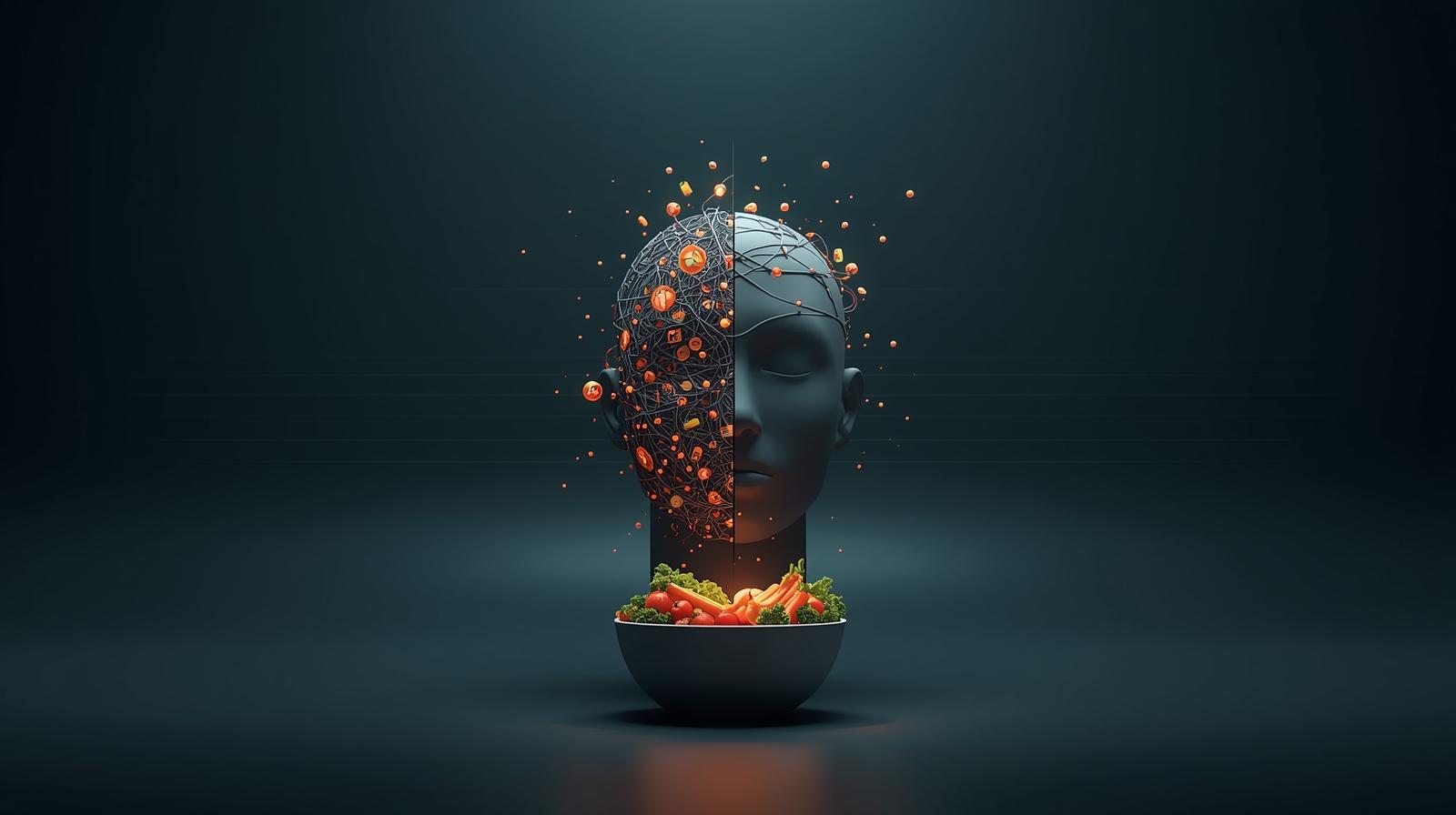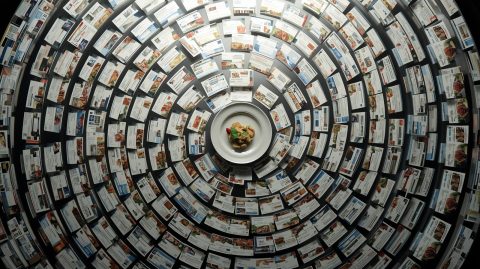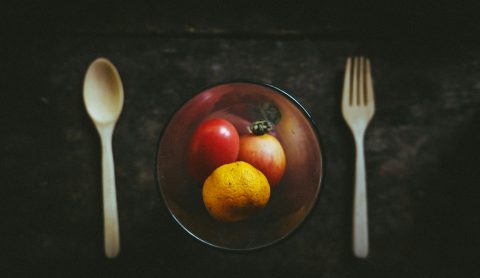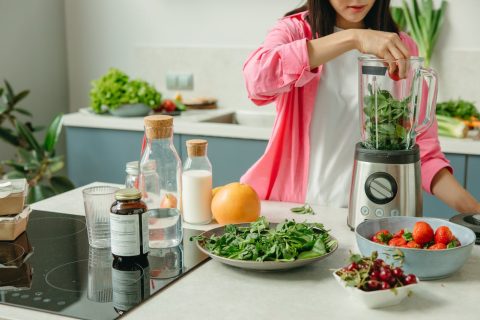Most people think they fail at eating healthy because they lack willpower. But the real enemy isn’t motivation—it’s cognitive load: the mental burden of planning, choosing, preparing, and tracking food every single day.
Why Cognitive Load Matters More Than Willpower
Cognitive load is the amount of mental effort used by working memory. When it’s high, decision quality drops and self-control collapses (Frontiers in Psychology).
Healthy eating isn’t just about knowing what’s good for you—it’s about having the mental bandwidth to act on it.
How Food Decisions Drain Mental Energy
-
Choosing what to cook or buy
-
Estimating portions and macros
-
Tracking meals across multiple apps
-
Adjusting plans when life disrupts routines
-
Resisting hyper-palatable food around you
Each small decision seems trivial alone, but they stack. By dinner time, your brain is overloaded—and defaults to the easiest choice: takeout, snacks, or skipping meals entirely.
The Willpower Myth: Why Motivation Isn’t the Fix
High cognitive load depletes executive function, which governs self-control (Journal of Experimental Social Psychology).
That’s why telling people to “just be more disciplined” rarely works. Motivation can’t override decision fatigue.
How to Lower Cognitive Load Around Food
Instead of relying on willpower, design your environment and systems to reduce choices and automate steps.
Batch-deciding meals once a week, prepping ingredients in advance, and having defaults (like “Tuesday = pasta night”) drastically lower daily decision friction.
Where AI Fits In: From Chaos to Structure
Some new tools like Meal Ark help offload this decision burden. They generate meal plans from your preferences, track calories automatically, and remove the mental overhead of starting from scratch each day.
This isn’t about outsourcing thinking—it’s about preserving willpower by removing trivial decisions. Fewer choices = more follow-through.
Also read: Decision Fatigue in Nutrition: How AI Helps Reduce It
Practical Low-Load Strategies
-
Use repeatable meal templates instead of new recipes daily
-
Prep 2–3 base ingredients for the week (like grains or proteins)
-
Make the default choice the healthy one (what’s visible gets eaten)
-
Automate grocery ordering or delivery to reduce choice steps
Healthy Habits Are Built on Mental Ease
Sustainable eating isn’t about being stronger—it’s about making good choices easier than bad ones.
Reducing cognitive load gives your brain room to choose well consistently, without draining willpower dry.













